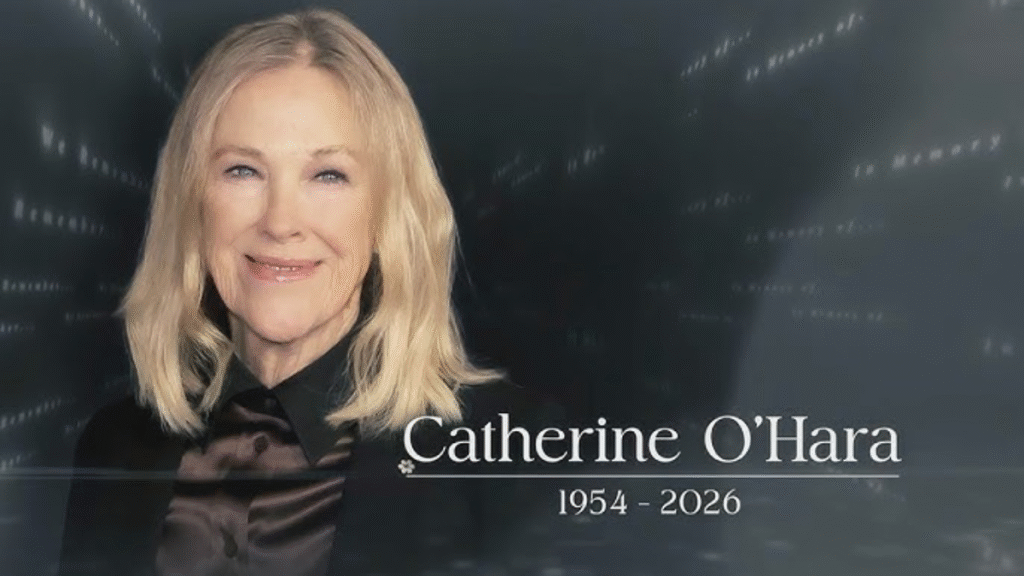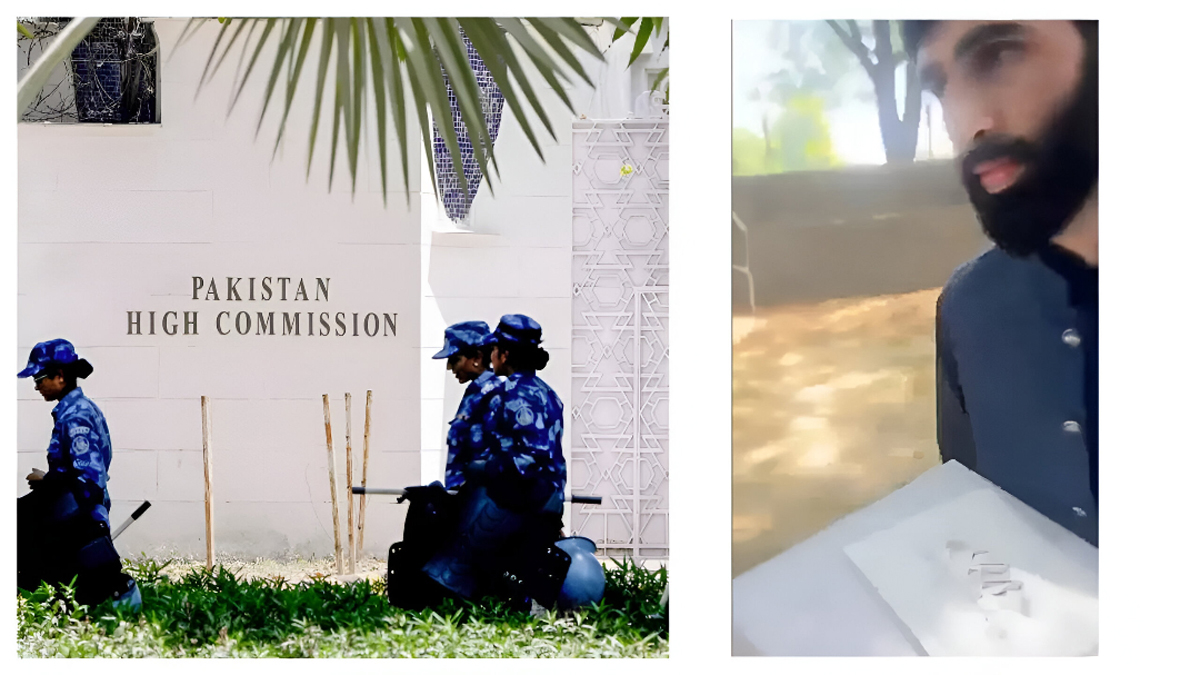Now Reading: Ground Zero Review: Emraan Hashmi Delivers Nuance in a Partially Effective Thriller
-
01
Ground Zero Review: Emraan Hashmi Delivers Nuance in a Partially Effective Thriller
Ground Zero Review: Emraan Hashmi Delivers Nuance in a Partially Effective Thriller

“Ground Zero,” directed by Tejas Prabha Vijay Deoskar, arrives with the weight of real-life events and the promise of a gripping narrative centered around the complexities of the Kashmir conflict. The film primarily follows Narendra Nath Dhar Dubey, a dedicated Border Security Force (BSF) officer portrayed by Emraan Hashmi, as he navigates the treacherous landscape of counter-terrorism operations following the 2001 Indian Parliament attack and the subsequent pursuit of the notorious terrorist Ghazi Baba. While Hashmi delivers one of his most commendably nuanced performances, the film itself proves to be a competent yet somewhat uneven endeavor.
The initial half of “Ground Zero” establishes a solid foundation, immersing the audience in the quiet resolve of Dubey and the intricate details of military procedures. The film commendably attempts to explore the multifaceted aspects of internal security and de-radicalization, although this exploration occasionally feels superficial in its execution. It introduces compelling themes concerning the ethical dilemmas inherent in security operations and the blurred lines between patriotism and potential brutality. However, these discussions often take a backseat to action-oriented sequences. In a cinematic landscape frequently dominated by nationalistic fervor when depicting stories from Kashmir, “Ground Zero” attempts a more restrained approach, posing difficult questions rather than offering simplistic answers, which is a welcome change.
Emraan Hashmi’s portrayal of Commandant Dubey stands out as a significant strength of the film. Known for his intense roles in romantic dramas and thrillers, Hashmi delivers a performance marked by subtle intensity and a departure from conventional, overtly heroic portrayals. His nuanced acting brings forth the weight of responsibility and internal conflicts that plague Dubey, often conveyed through poignant silences and understated expressions. This makes his character a believable soldier deeply affected by the gravity of his decisions. The screenplay, penned by Sanchit Gupta and Priyadarshee Srivastava, effectively balances the tension of the manhunt with broader reflections on duty, loyalty, and moral ambiguity. Notably, the film avoids resorting to melodramatic speeches, instead emphasizing action through quieter, more impactful moments, such as Dubey’s interactions with a local informant, Husain (played by Mir Mehrooz), which highlight the complex predicament of Kashmir’s youth.
Kashmir itself becomes a significant, almost silent character in the film, its scarred landscapes and the resilience of its people bearing witness to the ongoing turmoil. “Ground Zero” effectively portrays the high stakes of the military operation while also acknowledging the human cost on all sides of the conflict.
However, the film’s pacing falters in the latter half. While the intensity remains, occasional lulls disrupt the otherwise steady rhythm of the narrative. The action sequences, though grounded in realism, could have benefited from tighter editing to maintain a consistent level of tension. The climax, despite its emotional resonance, feels somewhat abrupt, leaving certain emotional threads unresolved and potentially diminishing the overall impact.
In conclusion, “Ground Zero” is a film with noble intentions, aiming to tackle a sensitive and crucial issue with a degree of authenticity. Emraan Hashmi’s nuanced performance is undoubtedly a highlight, grounding the narrative with a compelling portrayal of a conflicted yet dedicated officer. However, the film’s uneven pacing and occasional superficial exploration of its deeper themes prevent it from reaching its full potential. While it offers a solid and often competent cinematic experience, a more focused script and refined pacing could have elevated “Ground Zero” into a more impactful and memorable exploration of a critical chapter in contemporary Indian history. For now, it stands as a commendable but flawed attempt at addressing a complex and significant subject.










